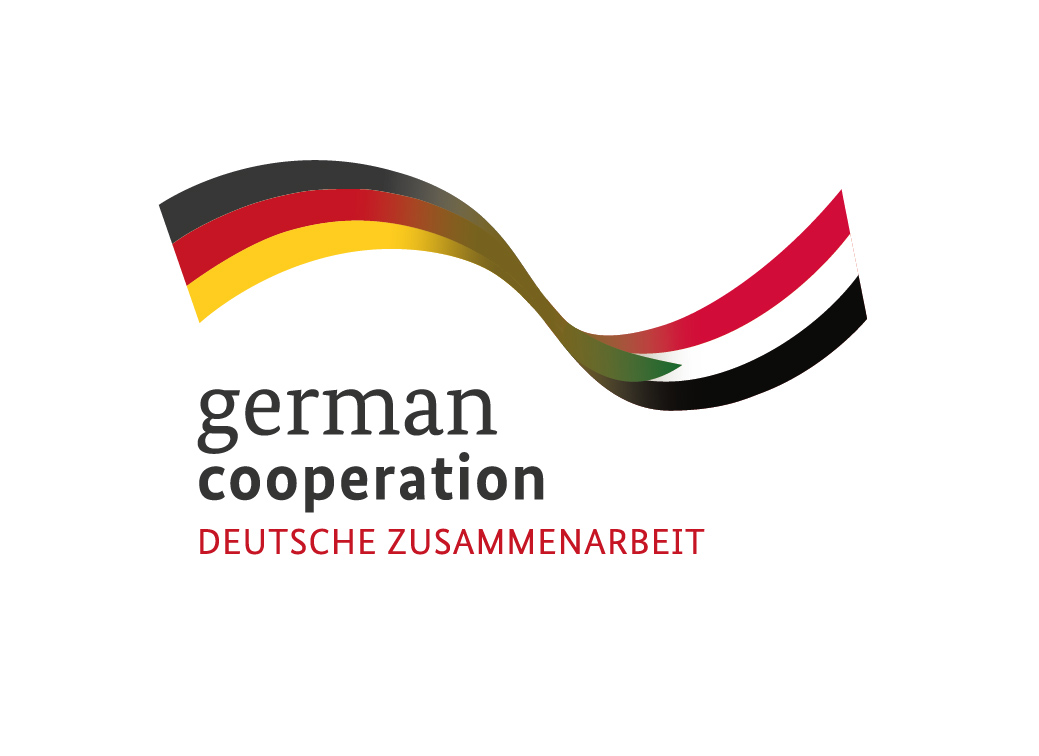19/05/2023
What is the role of the diaspora journalist, especially during an armed conflict? What kind of material, social and emotional challenges exist for journalists who work outside of their countries? How do reporters remain unbiased and objective, and follow the highest professional standards, even in exile?
In this Arabic language interview, two veteran Sudanese journalists talk about the role of the diaspora journalist, and the challenges of remaining unbiased and objective.
02:05: The difference between exiled journalists and diaspora journalists
05:10: Financial, social, and psychological challenges facing exiled journalists
07:10: How to remain professional, objective and unbiased
Transcript:
SPEAKER 1: I have been working as a journalist for over 15 years. I started working in Sudan, but now I work outside Sudan in one of the African countries. Of course, I cannot mention my name and my workplace due to the situation’s complexity or practicality, let’s say.
SPEAKER 2: Good! I am also a freelance Sudanese journalist working with a number of institutions. Currently, I am an exiled journalist in an African Country. For security and country related reasons, I can not mention my name or the institution I work at.
SPEAKER 1: Before speaking about the exiled journalist’s role, we have to differentiate between the exiled journalists and journalists working abroad who write about Sudan. The exiled journalists are the ones who used to work in their country, and due to certain circumstances, they are exiled or told “You are not allowed to work here again.”. It is crucial to differentiate between, what is called in English, “Exiled Media”, and “Diaspora Media.” Diaspora media revolves around journalists working abroad, but exiled journalists cannot work in their countries. Their role is to provide media or press or reports during armed conflict context.
SPEAKER 1: The journalists staying in Sudan cannot write such reports because this will cause them many troubles with the state authorities. The exiled journalist’s unique contribution is to provide certain press reports that the journalist inside the region cannot provide due to the situation complexity.
SPEAKER 2: Exactly. It’s important to highlight the difference between exiled journalists and diaspora journalists. I am an exiled journalist and I was subjected to security harassment, arrests. In this current conflict context, we, exiled journalists, play a major role because Journalists inside Sudan are oppressed. They cannot post freely because of security instability and the presence of a number of militias there. To keep themselves safe, they don’t publish any information or reports, but we can. We also can help many institutions in areas where there is no internet accessibility, which makes it difficult to communicate. Help international media to communicate with people who are seeking a safe place and help them.
SPEAKER 2: We exert a huge effort to help journalists abroad which is a great advantage.
SPEAKER 1: You notice that some reports are prepared inside the country to be sent to us right?
SPEAKER 2: Yes, sure.
SPEAKER 1: Then we publish these reports because the media inside the country cannot, so it has to be done outside.
SPEAKER 2: Yes, sure.
SPEAKER 1: Exiled journalists face a lot of challenges such as financial, social, and even psychological. Financial challenges arise from being in another country because you will have to support yourself and buy work equipment. This is why exiled journalist face very difficult financial conditions. As for social challenges, exiled journalists are away from their families, support groups, friends, and close ones. Also different culture shock: different cultures, customs, traditions, even food itself.
SPEAKER 2: One of the challenges, as you mentioned, related to work context, they were used to working in Sudan, and out of the blue they find themselves in a new context in which they hardly can find work. And even if they managed to, it is difficult to find an institution to accept them. That’s why many journalists quit working in journalism as they cannot adapt to the new context. Another challenge is that their families are staying in conflict zones and they cannot communicate to know if they are okay. And this causes them pressure and stress, and these are some of the tragedies that journalists experience, from my point of view.
SPEAKER 1: Exactly. They also face psychological challenges writing news and reports on the tragedies happening in their country, which causes stress and traumas.
SPEAKER 2: Yes, definitely.
SPEAKER 1: One important question: people talk about exiled journalists negatively, in relation to professionalism, how to become professional, objective, and not biased. People may think that exiled journalists are subjective and biased because they stay abroad and receive money to write biased reports. Thus, we, exiled journalists, should have proper mechanisms, sufficient training, equipment, and professional ethics. If we want to publish or write a specific report, we should follow professional journalism basics: objectivity and non- biases, and maintain press release basics through what we learned at college and practical experience.
SPEAKER 1: Accordingly exiled journalists will build credibility. Without maintaining the minimum journalistic standards, we will not be able to deliver our message and people will not believe us. This is why these standards are of importance.
SPEAKER 2: I think a person can be biased or not objective due to two reasons. First is money or receiving financial aid from one of the conflicting parties. Doers of such actions are not journalists from my point of view. The second reason for being biased is insufficient information or false sources…
SPEAKER 1: …that you did not validate or you did not maintain professional journalism standards.
SPEAKER 2: And for sure this is a professional defect that journalists should work on. However, we, exiled journalists, have a message which is to try our best because journalism impacts conflict contexts[inaudible]. We need to reflect a good image, build trust, say the truth, perform optimally, gain the credibility of all parties, be unique to develop our country and establish professional journalism in Sudan. Journalism plays a major role, especially in transitional periods, in developing society, achieving peace, and conducting major agreements. If people or political parties in Sudan lose confidence in journalism, there won’t be future professional opportunities.
SPEAKER 1: I agree with you. Enhancing credibility and professionalism makes people trust exiled journalists. You can do what the journalists inside a specific area or country cannot perform. Or else what would be the difference between the journalists inside or outside the country, you have to be unique and distinguish from journalists inside the country, provided that and as you mentioned apply objective standards.
SPEAKER 1: Objectivity and professionalism.
SPEAKER 1: Thank you.
SPEAKER 2: Thank you for all these interviews.

